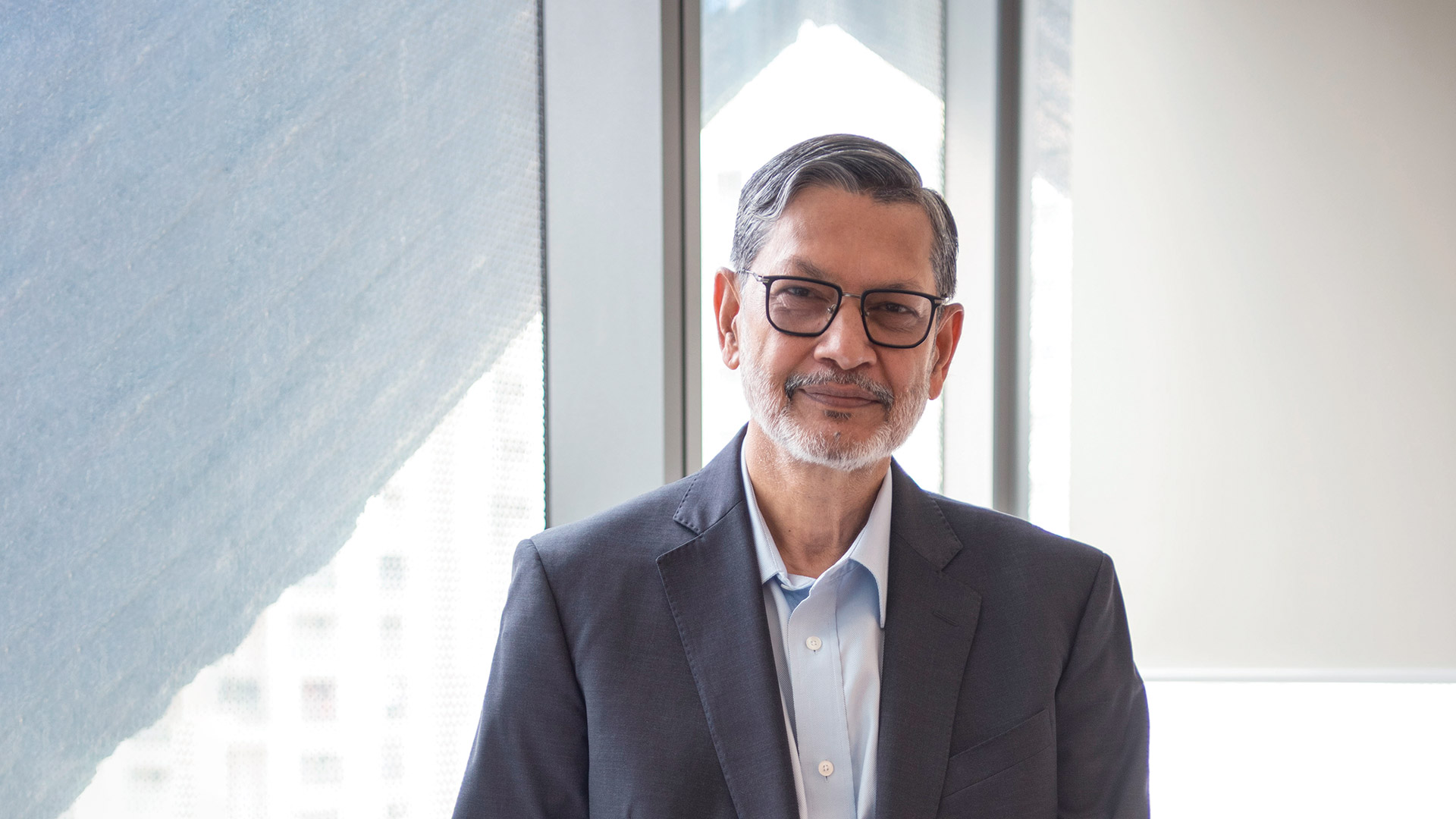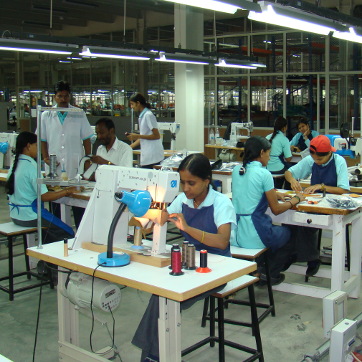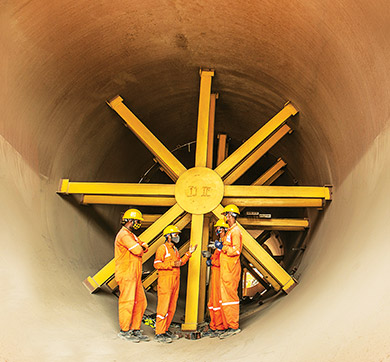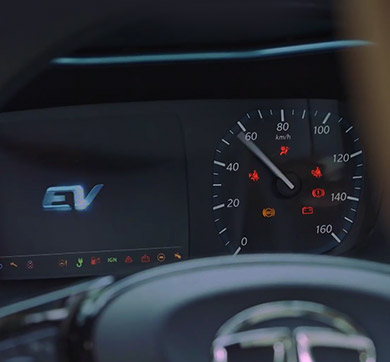August 2022 | 1533 words | 6-minute read
Over the years, Tata International Ltd has reinforced its role as the preferred partner in international trade and business. How would you define its growth trajectory?
From being geography based, Tata International realigned itself for business segment and core-competency based verticalisation. Along with the honed business focus, we rearticulated our vision and mission, to chart high-growth revenue paths for the verticals in which we operate.
We are on a growth trajectory, with revenues growing four-fold from Rs 6,585 crore in FY13 to Rs 25,721 crore in FY22. Since 2017, Tata International has consistently found its place among the top seven revenue contributors of the Tata group.
Tata International’s foray into agri-trading is new. What has been the experience thus far?
Finding a firm foothold in the agri-trading business hasn’t been easy; in fact, at one point, we almost threw in the towel. Restructuring our approach and portfolio, however, has helped steady this business, enabling exponential growth over the past two years.
Our portfolio now has a conscious mix of retail and non-retail customers. We address select requirements in the retail value chain. In the non-retail segment, besides industrial consumption and public sector requirements, we trade internationally, with a footprint in most geographies either for sourcing or sales. We are, in fact, the largest trader for export movement out of Myanmar for beans and pulses. We also hold a major share of yellow maize exports from Myanmar to Vietnam. It’s also an interesting time to be in this space in India because of growing awareness of the importance of mechanised processing and packaging of agriculture products.
"We commenced operations to distribute Tata Motors vehicles in Africa in 1969; we are, today, the sole distributors of Tata Motors’ commercial vehicles in sub-Saharan Africa, and we also distribute Daewoo trucks. Our Minerals and Metal trading businesses work with both Tata Power and Tata Steel’s global operations.”
What has been the effect of the pandemic and global geo-political and economic issues on the international trading industry?
Trading business is an agile combination of riding current trends and spotting quick opportunities. It is of utmost importance to be able to sift the gold from the dust. Other factors that affect global trade include freight cost, forex and interest rates, and geopolitics.
Steel prices witnessed huge volatility in Q1 FY21 with pandemic-induced global lockdowns, initially seeing prices fall dramatically due to demand slowdown. Following restoration of normalcy, this trend was bucked as sectoral demand and government-funded infrastructure projects picked up. On the supply side, shortage of steel products caused prices to peak close to the 2008 commodity bubble price levels. While we benefitted from this trend, we are mindfully strategising for a price reversal. Demand for other products that had dipped due to lower production worldwide, resulting in historically low London Metal Exchange indices, has also started recovering.
Our Minerals business faced headwinds due to a drop in industrial demand and diminished support for coal-related projects, coupled with price risk on pre-Covid inventory. On the upside, as thermal coal fuels essential economic activities such as power generation and manufacturing of steel and cement, this factor gave us base volume support even during the lockdowns.
Our approach of a calibrated presence across diverse markets paid dividends during this disruption. By constantly looking out for opportunities in an unpredictable world clime, we are able to acquire a bigger share of the pie.
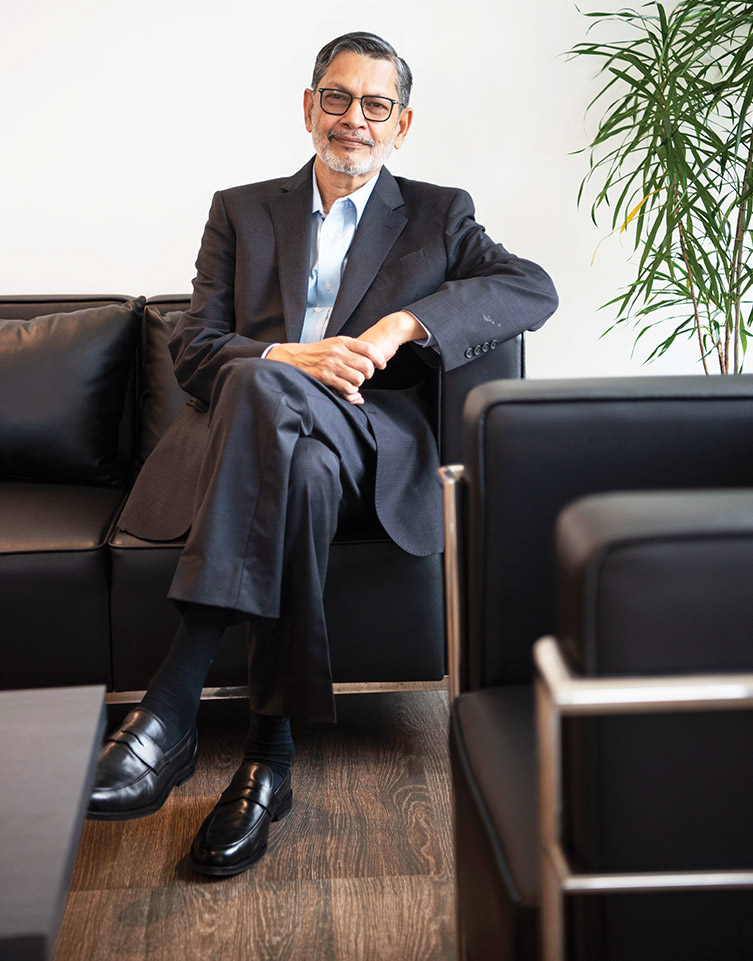
As a trading company, how is Tata International adding value in terms of product innovation and service to customers?
Agility in managing our portfolio is key, while keeping within the broad business contours and anchoring products we have defined for ourselves.
Being customer-centric, we are continually innovating to move up the value chain. In Minerals trading we diversified our product portfolio to include iron ore, coking coal, base metals and ferro alloys. On the service front, we have set up stock and sales operations in select Indian ports. In Metals trading, we have added diverse end-user products such as fasteners and fence posts.
With a footprint across 12 countries in Africa, what kind of investments in terms of people and business has Tata International made?
Tata International is the preferred channel partner for commercial vehicles, agricultural and construction equipment across 12 African countries, with associations in many more. The company represents several well-known original equipment manufacturers, with one-stop solutions for the products offered.
Our multipronged strategy has paid rich dividends. Sales reach, coupled with prompt after-sales service and spare part availability, ensures the products serve our clients with greater predictability for their entire useful life. We introduced two innovative offerings in the commercial vehicle space in Africa, namely retail finance across various countries and pan-African warranty, as well as five-year warranty on specific products. Our focus on training of mechanics helps generate livelihood in the local communities.
We believe in focusing beyond the bottom line. We have identified niche areas to give back to the communities in which we operate. Our university scholarship programme enables young people to complete their education. Through our Operation Smile project, we support repair of cleft lip, cleft palate and other facial deformities of young children and empower them through education. The Bridging for Life programme helps learners transition from high school to higher education.
How has Tata International’s heritage business, leather, evolved?
From as early as 1970s, we have been proponents of sustainable manufacturing, prioritising installation of our effluent treatment plant even before the first leather skin was manufactured. We engage with institutions for research in new technologies and certifications to upgrade our processes. We work with local authorities to make biogas and focus on reducing our water, energy, waste, and carbon footprint.
We have developed metal-free and veg-tanned leathers; from a lifecycle perspective, we introduced bio-degradable leathers, with metal-free and aldehyde-free tanning. Our latest range of neem-tanned leathers have anti-microbial properties as well. These developments have encouraged global brands and retailers to work with us.
Our performance leather business held its own during the pandemic. International travel restrictions impacted sales and new product promotion, but we expect the industry to recover this year.
What is the inspiration behind ‘Tagra’, Tata International’s new brand of safety footwear?
Appreciating the hard work and perseverance of those who risk their lives for our safety, we decided to leverage our experience in footwear design and production to create a premium range of strong and enduring shoes. Developed using FeetScience®, our scientific approach, we introduced Tagra in the Indian retail market last year. Dedicated to the military, security, and safety workers, among others, the brand has been well received.
How is Tata International implementing the 'One Tata' agenda?
Given the span of businesses across group companies, it is not difficult to find competitive synergies, and many of our businesses have identified sweet spots in line with the group Chairman’s One Tata agenda.
We commenced operations to distribute Tata Motors vehicles in Africa in 1969; we are, today, the sole distributors of Tata Motors’ commercial vehicles in sub-Saharan Africa, and we also distribute Daewoo trucks. Our Minerals and Metal trading businesses work with both Tata Power and Tata Steel’s global operations.
"We believe in focusing beyond the bottom line...Our university scholarship programme enables young people to complete their education. Through our Operation Smile project, we support repair of cleft lip, cleft palate and other facial deformities of young children and empower them through education."
Our Performance leather business is supplying seat leather for Tata Motors’ premium range of SUVs. Our Footwear business is working with several Tata group companies for institutional and safety shoes. Our subsidiary, Tata International Vehicle Applications, started out as a body builder for Tata Motors’ commercial vehicles. We continually evaluate collaborative opportunities, including projects under the One Tata Operating Network. During the pandemic, we launched an internal programme, One Lean Safe Tata International, popularly called OLS TIL, under which several projects were successfully implemented.
From Tata Steel to Tata International, can you share in brief your Tata journey?
The values and principles I’ve imbibed over the four decades in the Tata group have been the bedrock of my career. In Tata Steel I had the good fortune of leading diverse functions and even setting up a few sustained initiatives. I was always passionate about TQM and Deming, as these underscored the importance of statistics, quality control, processes and systems. These principles helped me in the art and science of developing people and businesses for an aligned and successful organisation.
I was fortunate to have excellent mentors, managers, and colleagues, and I greatly value the lifelong friendships I have made in this journey.
Would you say your experience at Tata Steel impacts and influences your career at Tata International?
Definitely! My long career with Tata Steel has shaped me, and it influences my thinking in terms of the strategic direction I am giving to Tata International. I feel privileged to be at the helm of Tata International and carry forward the legacy of Tata group stalwarts.
I try to apply the key learnings from my experience, as I believe that success follows when opportunities are sought out courageously. I look forward to being able to make a positive impact through the trust reposed in me.
—Sanghamitra Bhowmik
